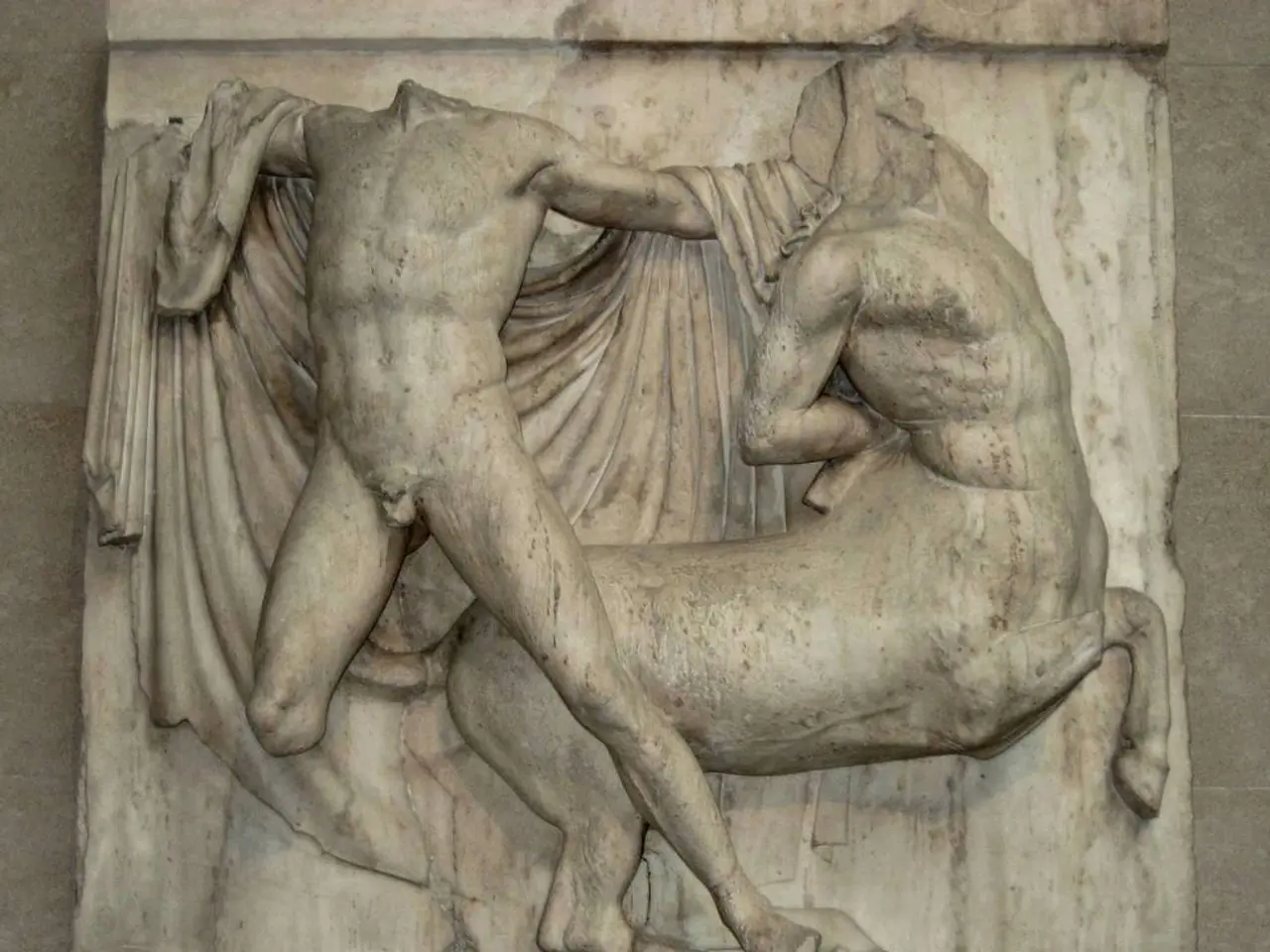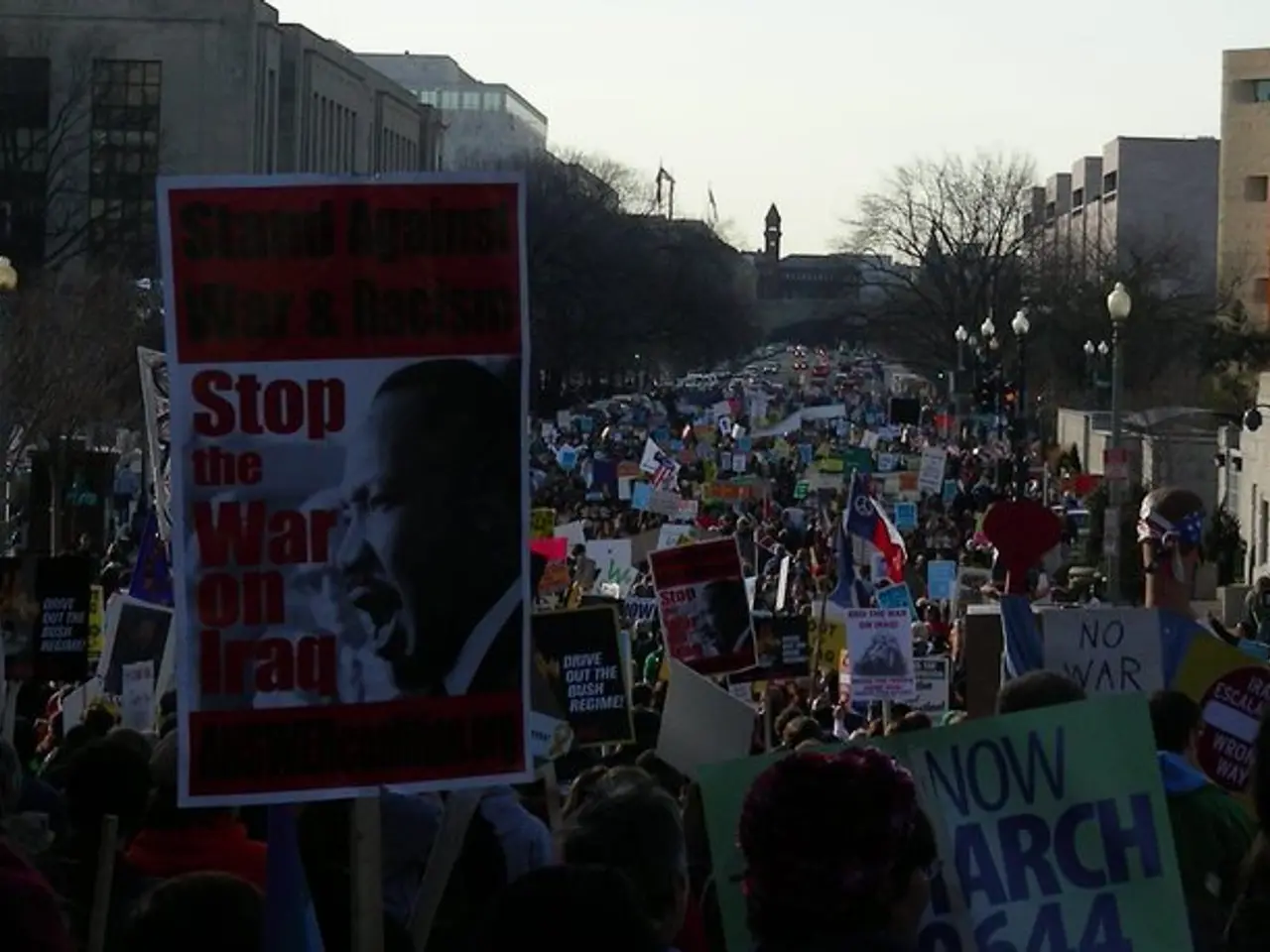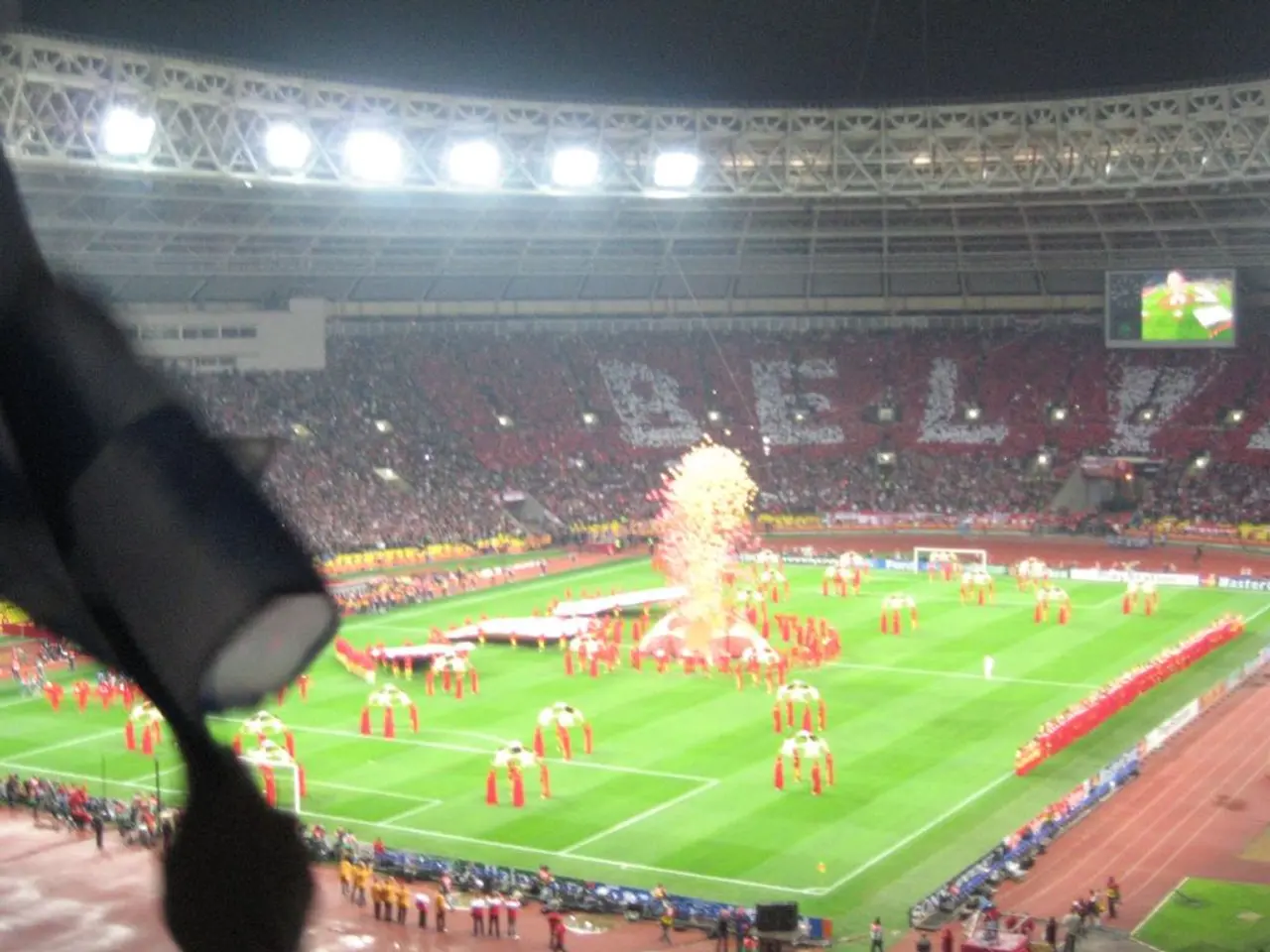Russia's leader, Vladimir Putin, aims to create a connection, the Yucatan-Cuba-Russia corridor, with Mexico.
In a strategic move to deepen its presence in Latin America, Russia is actively expanding its economic relations with Mexico. This was discussed during the 17th BRICS summit in July 2025, where foreign ministers highlighted the potential for bilateral cooperation across trade, economic, cultural, and humanitarian sectors.
Mexico, Russia's second largest trading partner in Latin America after Brazil, offers a diverse trade landscape for Russia. The focus of this strategy includes expanding trade cooperation, economic collaboration, political and legal framework enhancement, and cultural and humanitarian cooperation.
The aim is to increase trade volumes and diversify traded products, leveraging Mexico’s strategic position and Russia’s desire to strengthen ties beyond traditional partners. Discussions also emphasize deepening economic ties, potentially including joint ventures or investments in various sectors, although specific industries are not detailed in the latest sources.
Efforts to improve bilateral legal agreements suggest a formalization and facilitation of trade and investment flows. Expanding non-economic ties supports overall diplomatic relations, creating a more favorable environment for economic activities.
A direct air route between Moscow and Mexico, with a stopover in Havana, is proposed as part of the strategy. The Russian Embassy in Mexico has also announced its willingness to supply liquefied natural gas (LNG) and share specialized technologies for crude oil extraction in adverse geological conditions.
The strategy now includes a proposed air corridor between Moscow and Mexico, with a stopover in Havana, and a corridor between Yucatan, Cuba, and Russia. The goal is not just to attract tourists, but to build a direct channel for entrepreneurs and investors.
Russian investment in Mexico has grown significantly during the administration of President Andrés Manuel López Obrador, from $2.8 million in 2022 to $86.4 million by 2024. The strategy is part of a broader diplomatic and commercial offensive by the Kremlin, with a focus on Mexico as a key hub in economic, nuclear, and infrastructure matters.
The next phase of Russia's strategy for expanding its economic presence in Latin America was developed in June at the St. Petersburg Forum. The Kremlin's initiative includes sectors such as energy, infrastructure, and connectivity. Russian interest in Mexico's economy now includes gas, oil, renewable energy, and nuclear energy.
The diplomatic relations between Mexico and Russia have been ongoing for 135 years, since they were formally established on December 1, 1890. As geopolitical tensions rise in the Middle East and the United States, Russia is turning its attention to Mexico amid Donald Trump's militarization of the border with Mexico.
Aleksey Valkov, director of the St. Petersburg International Economic Forum, outlines Russia's strategy to expand its economic presence in Latin America. The proposals include the modernization of Mexico's energy infrastructure and a possible agreement to supply uranium to the Laguna Verde nuclear plant. Russia has also offered advanced technology, such as small modular reactors, for bringing energy to remote regions of Mexico.
In summary, Russia's expanding economic presence in Mexico centers on diversified trade, enhanced bilateral agreements, and widened cooperation beyond pure economics to include political and cultural dimensions, positioning itself as a key partner in Latin America alongside Brazil.
- The trade agreement between Mexico and Russia could potentially lead to foreign direct investment, as discussions have highlighted the potential for joint ventures or investments in various sectors.
- Renewable energy, gas, oil, and nuclear energy are sectors of Mexico's economy that have attracted Russian interest, as part of Russia's strategy for expanding its economic presence in Latin America.
- Apart from economic interests, the diplomatic relations between Mexico and Russia are being strengthened through non-economic ties, such as the proposed direct air route between Moscow and Mexico, and the Russian Embassy's offer to supply liquefied natural gas (LNG) and share specialized technologies for crude oil extraction in adverse geological conditions.








